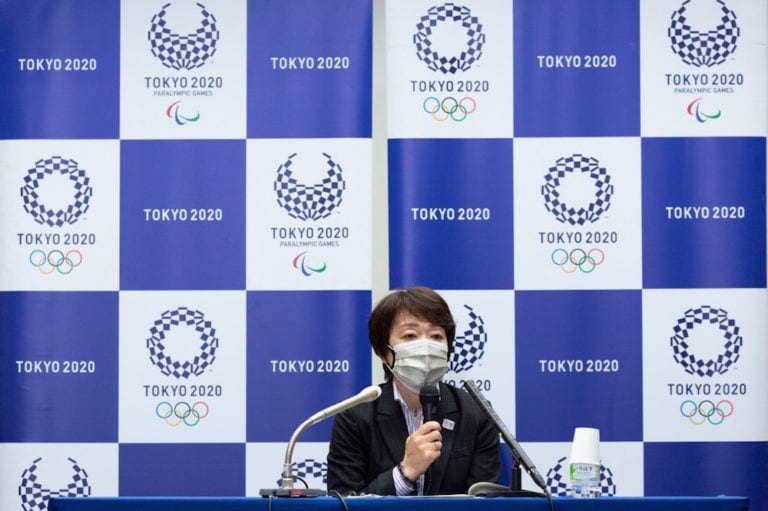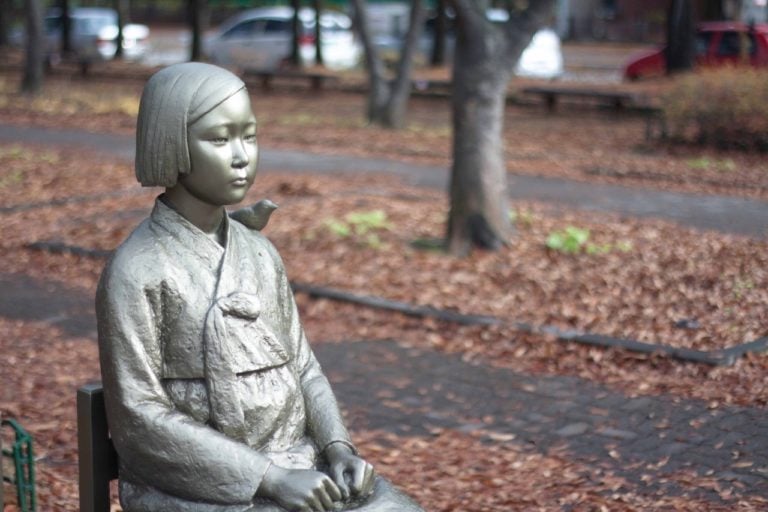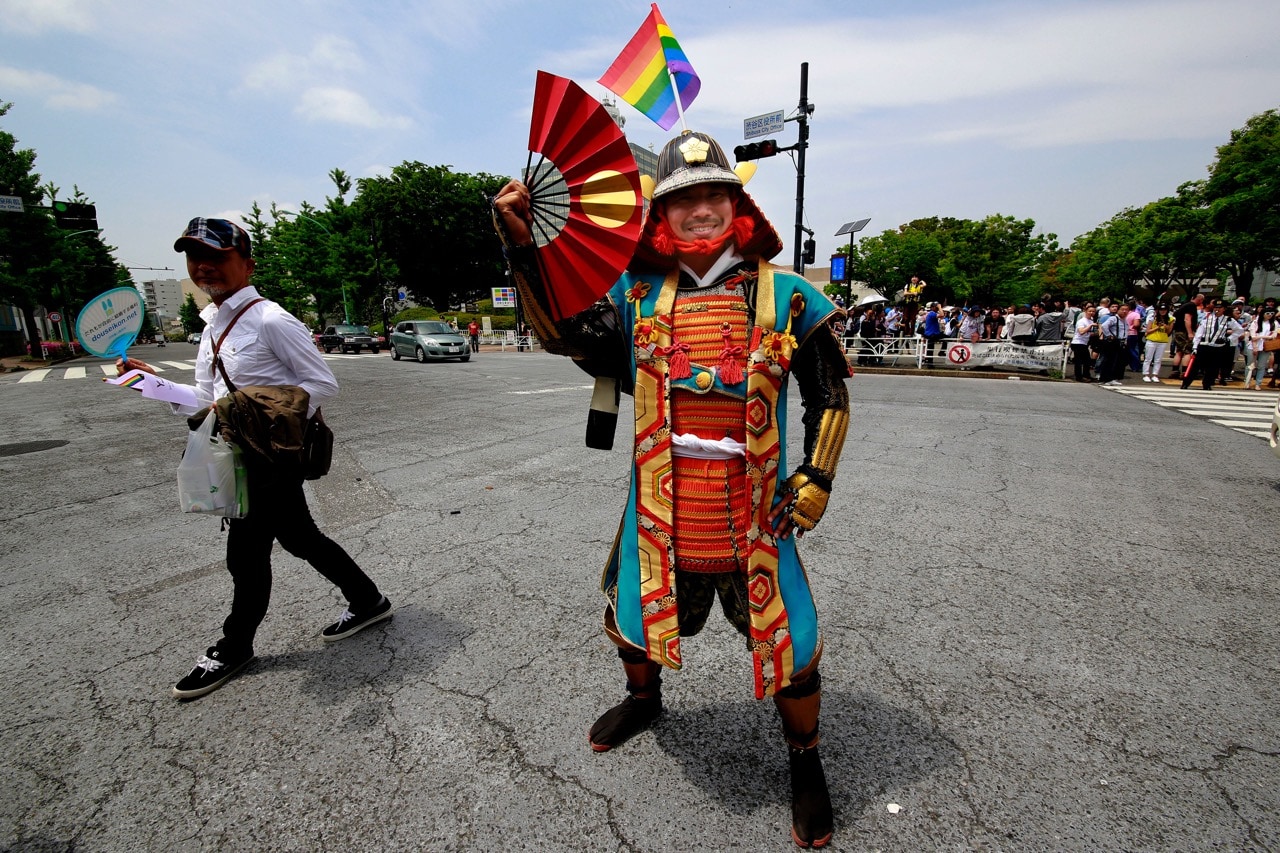(RSF/IFEX) – On 10 December 2002, RSF reiterated its call for the Japanese government to reform the country’s system of exclusive press clubs, or kisha clubs, saying they were a “serious threat to the free flow of information.” The organisation echoed a similar request by the European Union (EU). On 3 December, the EU urged […]
(RSF/IFEX) – On 10 December 2002, RSF reiterated its call for the Japanese government to reform the country’s system of exclusive press clubs, or kisha clubs, saying they were a “serious threat to the free flow of information.” The organisation echoed a similar request by the European Union (EU). On 3 December, the EU urged the Japanese authorities to give foreign journalists the same access to information as the country’s major media outlets.
A 17 October EU report on trade relations with Japan described the kisha club network as an “obstacle to the free flow of information,” which allows the authorities to suppress news that they consider unfavourable to them, lowers the general quality of news coverage by preventing confirmation of information by a second source, and creates a dangerous distinction between news given to the domestic and foreign press about events in Japan.
The EU asked the government to give all officially-accredited foreign journalists unrestricted access to press conferences in Japan and to reform the network of kisha clubs. The EU warned that it would take the matter to the World Trade Organisation (WTO) if the government did not act on its request.
In May, RSF called on Japanese Prime Minister Junichiro Koizumi to reform the kisha club system, but the organisation did not receive a reply, and its request was not reported in the Japanese press. Since then, the privileges accorded to the major Japanese media have prevented many other media outlets, including European, North American and Japanese ones, from covering the prime minister’s 17 September official visit to North Korea.
For 50 years, the Foreign Correspondents’ Club of Japan has been trying to get the kisha clubs to admit foreign journalists. Freelance journalists and smaller Japanese media have also called for an end to the system, which encourages self-censorship.
Japan officially has about 800 kisha clubs, though the actual number is thought to be closer to 1,500. Most are connected to government bodies (such as ministries and provincial governments), large firms, political parties and the Imperial Palace. The clubs have a membership of over 12,000 journalists from nearly 160 media outlets affiliated with the Nihon Shimbun Kyokai (Japanese Newspaper Publishers and Editors Association).


